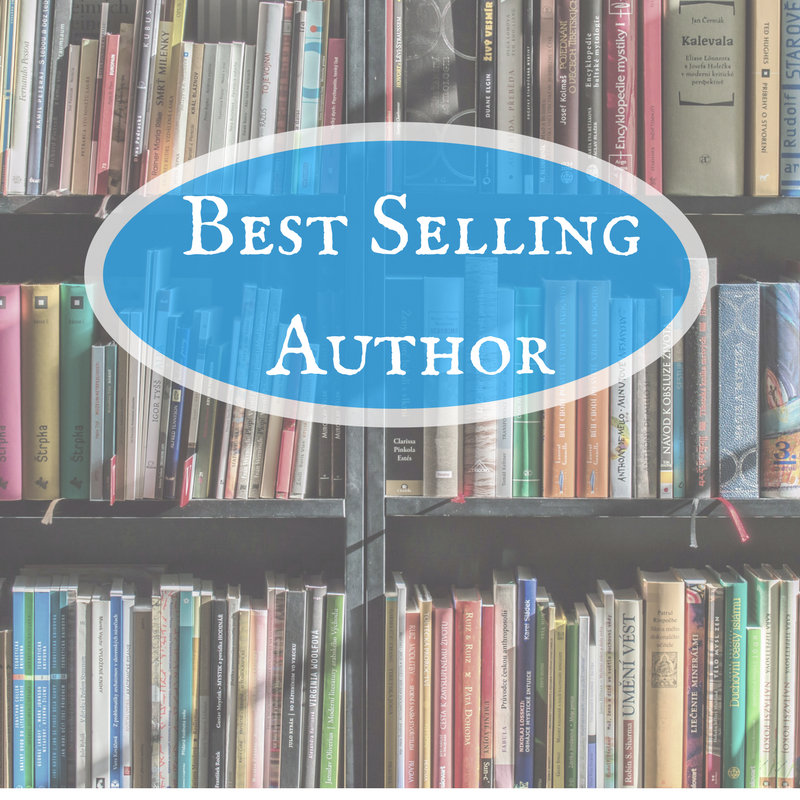
Novelists Unwind
Novelists Unwind ~ Patricia Bradley, Suzanne Woods Fisher, & Linda Stenton Matchett
Patricia Bradley, an award-winning author who writes page-turning suspense, was my first Novelists Unwind guest…way back in August 2017!…
June 26, 2020


